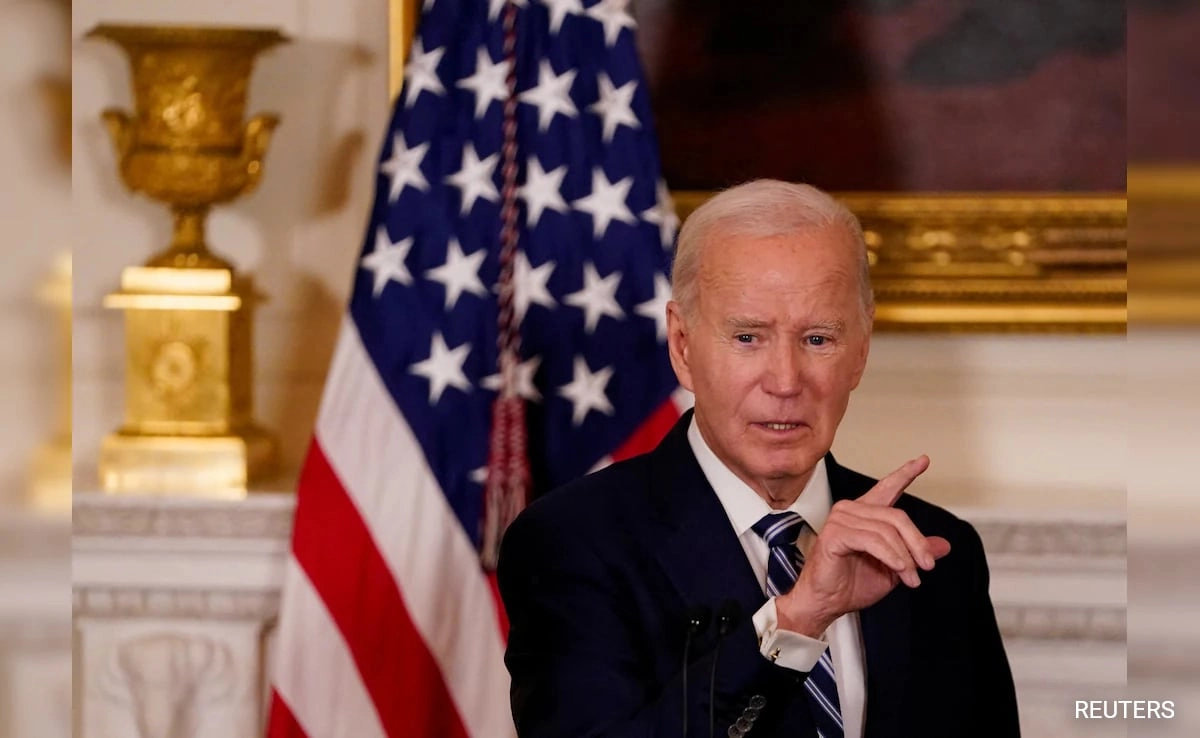Recent developments in the investigation surrounding the fake embassy case have revealed a complex web of shell firms and financial accounts linked to locations such as Dubai, London, and Mauritius. This case has garnered significant attention due to its implications for international diplomacy and the potential misuse of diplomatic privileges. Authorities have discovered that these shell firms were utilized to obscure the true beneficiaries of financial transactions, complicating efforts to trace illicit activities back to their sources. The use of such entities highlights the ongoing challenges in regulating financial systems that facilitate money laundering and other criminal enterprises.
The investigation has uncovered that the accounts in Dubai, London, and Mauritius were strategically chosen for their lenient regulatory environments, which often allow for a higher degree of anonymity in financial dealings. These jurisdictions are known for their banking secrecy laws and a lack of stringent oversight, making them attractive options for individuals aiming to hide illicit funds. Law enforcement agencies are now working collaboratively across borders to untangle the financial networks linked to the fake embassy, which has been described as a sophisticated operation that exploited diplomatic channels for personal gain.
Furthermore, the ramifications of this case extend beyond financial crimes, raising concerns about national security and the integrity of diplomatic relations. The existence of a fake embassy undermines the trust between nations and poses risks to legitimate diplomatic processes. As investigations continue, authorities are keen to identify the individuals behind these shell companies and their motivations. The findings could lead to significant legal actions, not only against the perpetrators but also against any complicit financial institutions that failed to adhere to proper due diligence practices.
In light of these revelations, there is a renewed call for international cooperation to strengthen regulations governing shell companies and improve transparency in financial transactions. Many experts argue that without comprehensive reforms, the global financial system remains vulnerable to exploitation by those looking to engage in fraudulent activities. This case serves as a critical reminder of the need for vigilance in monitoring financial systems and ensuring that they are not misused to facilitate crime on a global scale. The outcome of the investigation could set an important precedent for how similar cases are handled in the future, potentially leading to stricter regulations and accountability measures in the international arena.




